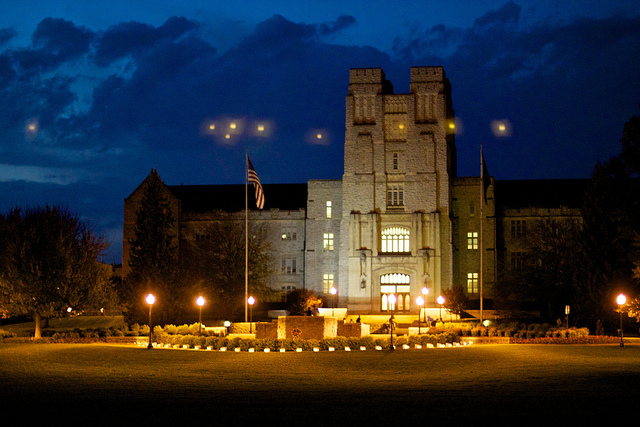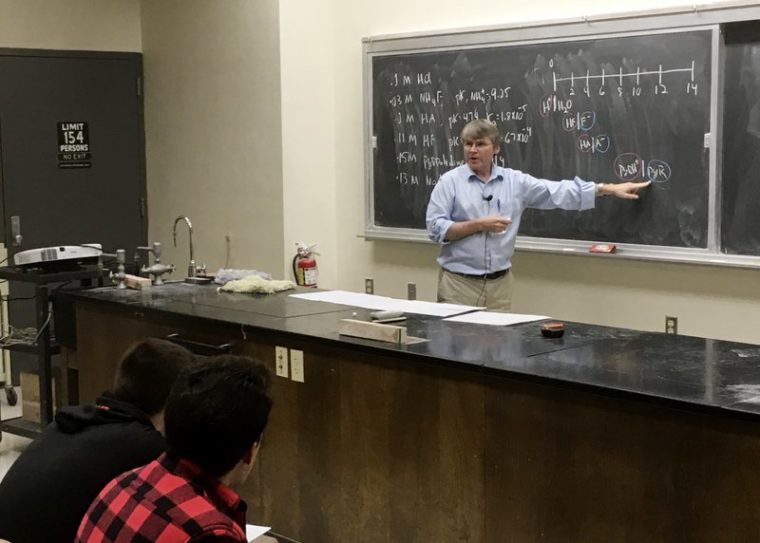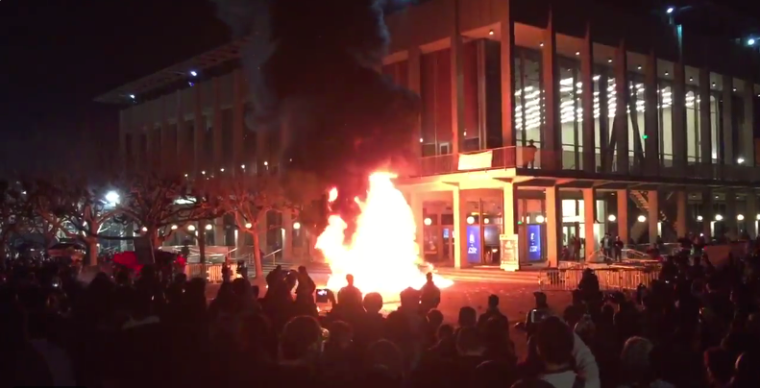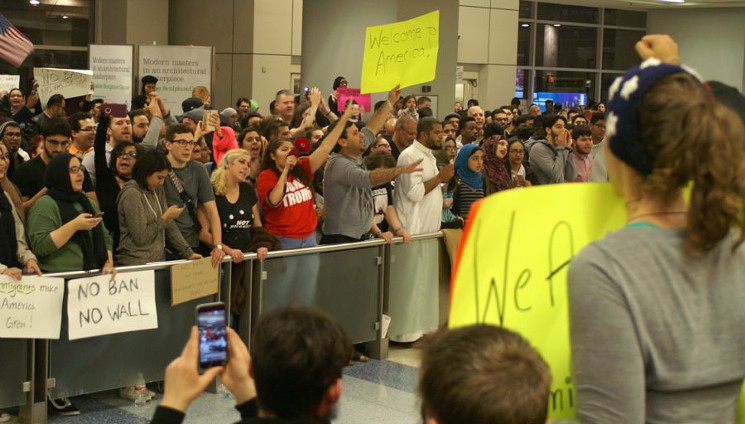April 16, 2007 is one of those dates of national tragedy that seem to mark a point in time where we can say things will never be the same again. It has been ten years since that horrific day when a mentally troubled student at Virginia Tech shot and killed 32 and wounded 17 more. In today’s post, I want to remember the events of April 16th and reflect on where we’ve come in higher education since that time.

There was Columbine before and Sandy Hook after (and countless other tragedies throughout), but the shooting at Virginia Tech was an event that shocked the nation generally and higher education specifically.
I suspect all of us that were teaching during that time wondered what we would do if that had happened to one of our classes.
There was anger, frustration, and above all, sadness.





